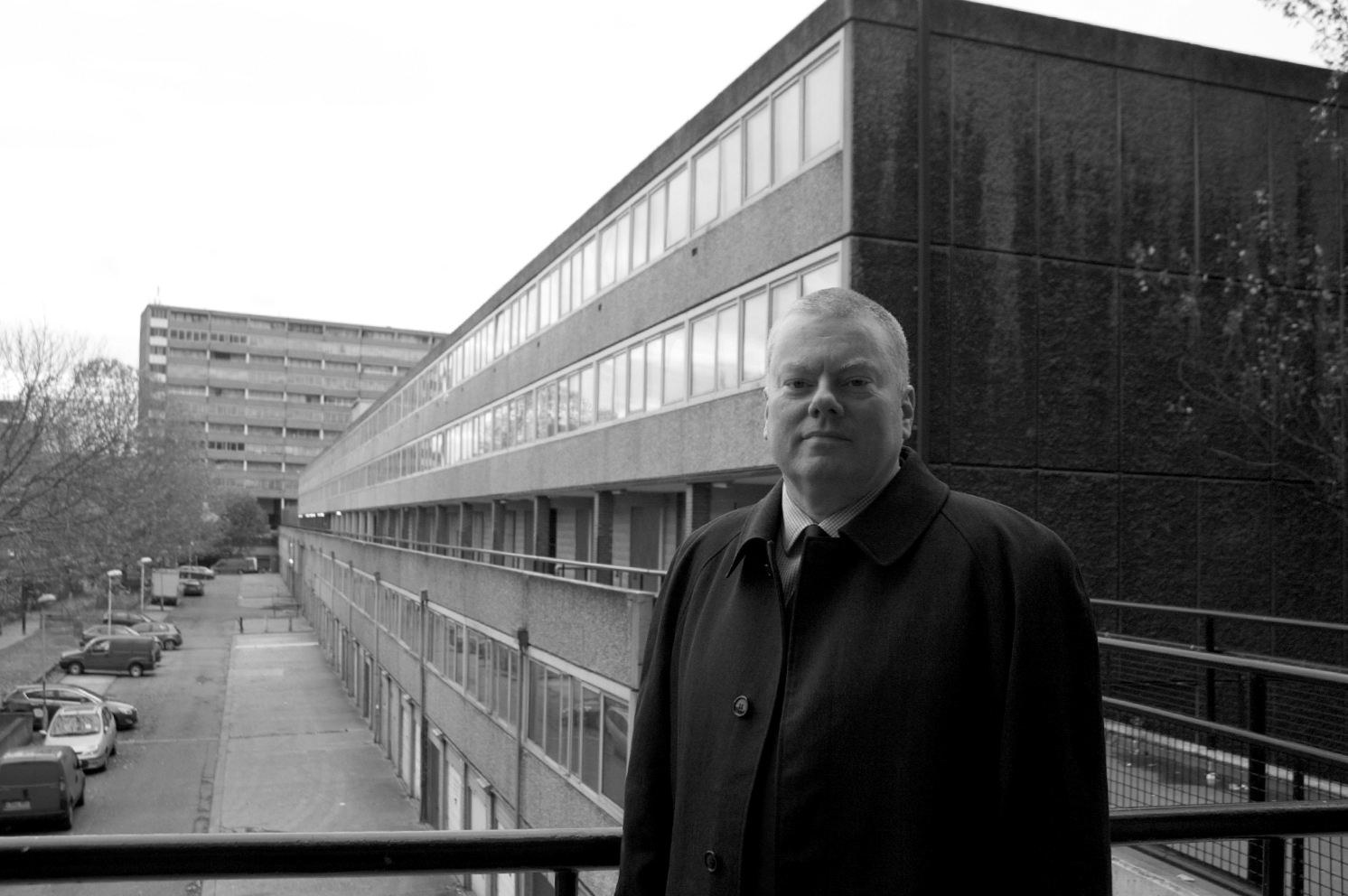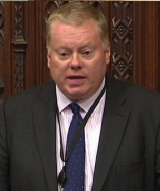Lord Roy Kennedy of Southwark is a Labour and Cooperative peer and shadow minister of communities, housing and local government.
Let us build
Council housing was once a force for good in our communities - and it can be again I grew up in council housing in south London in the 1960s and 70s. I will always be grateful to Southwark Council for providing...
Council housing was once a force for good in our communities – and it can be again
I grew up in council housing in south London in the 1960s and 70s. I will always be grateful to Southwark Council for providing a home that was warm, safe and dry and enabled our family to flourish. When we moved into our council home, after living in some very poor quality private rented accommodation, I had my own bedroom for the first time, we had two bathrooms, a large kitchen dining room and a large living room. This was council housing built to the Parker Morris space standards, scrapped by the Conservative government in 1980.
Later, I became the first member of my family to buy my own home. But I have never forgotten how lucky we were to live in council housing.
As politicians, policy makers and professionals in the housing sector we can sometimes get lost in debates over every detail of policy and every number in the housebuilding statistics. But on the numbers, the fact is that in the last few decades, every prime minister has built fewer houses than their predecessor per annum, with the high-water mark being the housebuilding boom under Harold Wilson in the 1960s – a great Labour prime minister who deserves much more credit for his achievements than he is given.
The present government has a truly dreadful attitude to council housing and council tenants. It sees council housing only as a short-term option for the very poorest on fixed-term tenancies and not, as it should, as somewhere a family can make a long-term home, a community can grow and neighbours can support each other.
Growing up on the Aylesbury estate and later the Pelier estate in Walworth, I recall that there were mixed communities of young families with children of various ages and older, retired people living together quite happily and supporting each other. Not everything was perfect, of course, and certainly flaws in the building of the Aylesbury estate contributed to the difficulties experienced by residents living there in later years.
Council housing gave my parents the opportunity to keep their family safe and provided for; to keep us clean and well-dressed, to be able to send us on school trips with other children and take up other opportunities that were made available to us. While we were never rich, we were a happy south London family with Irish roots in a community we understood and were fully a part of.
But in the years since, the right to buy has changed the face of council estates. More and more council properties have been sold and turned into private rented accommodation, with a constant churn of private tenants often spending only a few months in the area before moving on. And with virtually no new council housing being built, the opportunity for local communities to stay together has been lost.
Now, when I look in the window of my local estate agent I am shocked at the prices being asked to rent ordinary terraced houses very like the one I live in. I just do not know how young families are able to cope: the rents charged are more than my mortgage for the same type of property. For many, the prospect of buying their own home seems ever more distant, with eye-watering deposits demanded before they can get on the property ladder.
And while there are some very good responsible private landlords there are also some terrible ones. Local authorities often do not have the capacity to be able to deal with the worst offenders effectively. The rogue landlord database, which is an attempt to get a list of the worst offenders and is one of the few positive aspects of the Housing and Planning Act 2016, is not being made available to the public to enable would-be tenants to check if their prospective landlord is on the list.
We need to speak up for council housing – and social housing more generally – at rents that are truly affordable. They should be the safe and stable places where families can start to better themselves and where mixed communities of young and old, families and pensioners, can get along with one another.
But to do that we need a government that stands up for council housing, and builds homes on a scale not seen for many a year. A government that understands the enormous social benefit these homes bring to communities, enabling families to flourish and children to get on at school. Council housing was once, and should be again, an integral part of local communities that deliver for local people – enabling aspiration and helping families to better themselves, while providing the security they need as they face life’s challenges.
We need a government that will allow councils to build the homes they need for their communities. Local authorities do a great job in very difficult circumstances. All of them will tell you of the toll housing pressures are taking on their communities and how they could make a significant improvement to people’s lives by giving them a home that is warm, safe and dry at a price they can truly afford.

